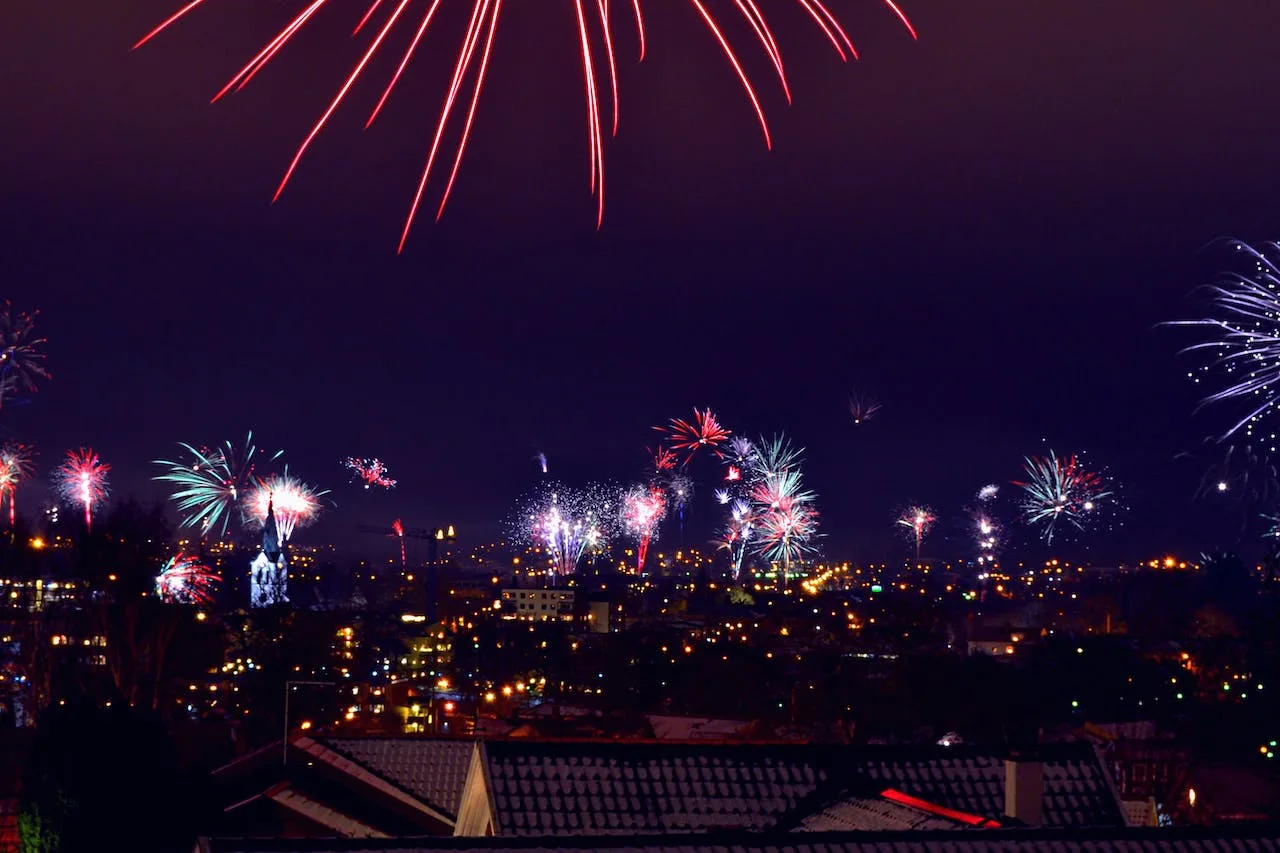
As the Lunar New Year, the most important holiday in China approaches, a familiar debate reignites: fireworks. For generations, vibrant firework displays have been a defining feature of the festivities, symbolizing joy, and prosperity, and warding off evil spirits. However, concerns about air pollution and safety have led to restrictions and outright bans in many cities, sparking a fiery online and offline debate.
A Tradition Under Fire
Fireworks have been woven into the fabric of Chinese culture for centuries. Their thunderous booms and dazzling lights were believed to drive away Nian, a mythical beast that preyed on people during the holiday. Today, they represent good luck, fortune, and the welcoming of a new year.
However, the smoke and particulate matter produced by fireworks contribute significantly to air pollution, especially in densely populated cities. In recent years, concerns have grown about the negative health impacts of this annual tradition, leading to stricter regulations and outright bans in several regions.
The Ban and the Backlash
In 2017, over 444 Chinese cities had implemented some form of fireworks ban. This year, the debate has flared up again, fueled by an online poll conducted by the official Beijing Youth Daily. Over 80% of respondents expressed support for allowing fireworks during the Spring Festival.
Many online commenters expressed frustration with the ban, viewing it as an attack on tradition and cultural identity. Some argue that alternative solutions, like using cleaner fireworks or designating specific areas for displays, could address the pollution concerns without sacrificing the celebratory spirit.
